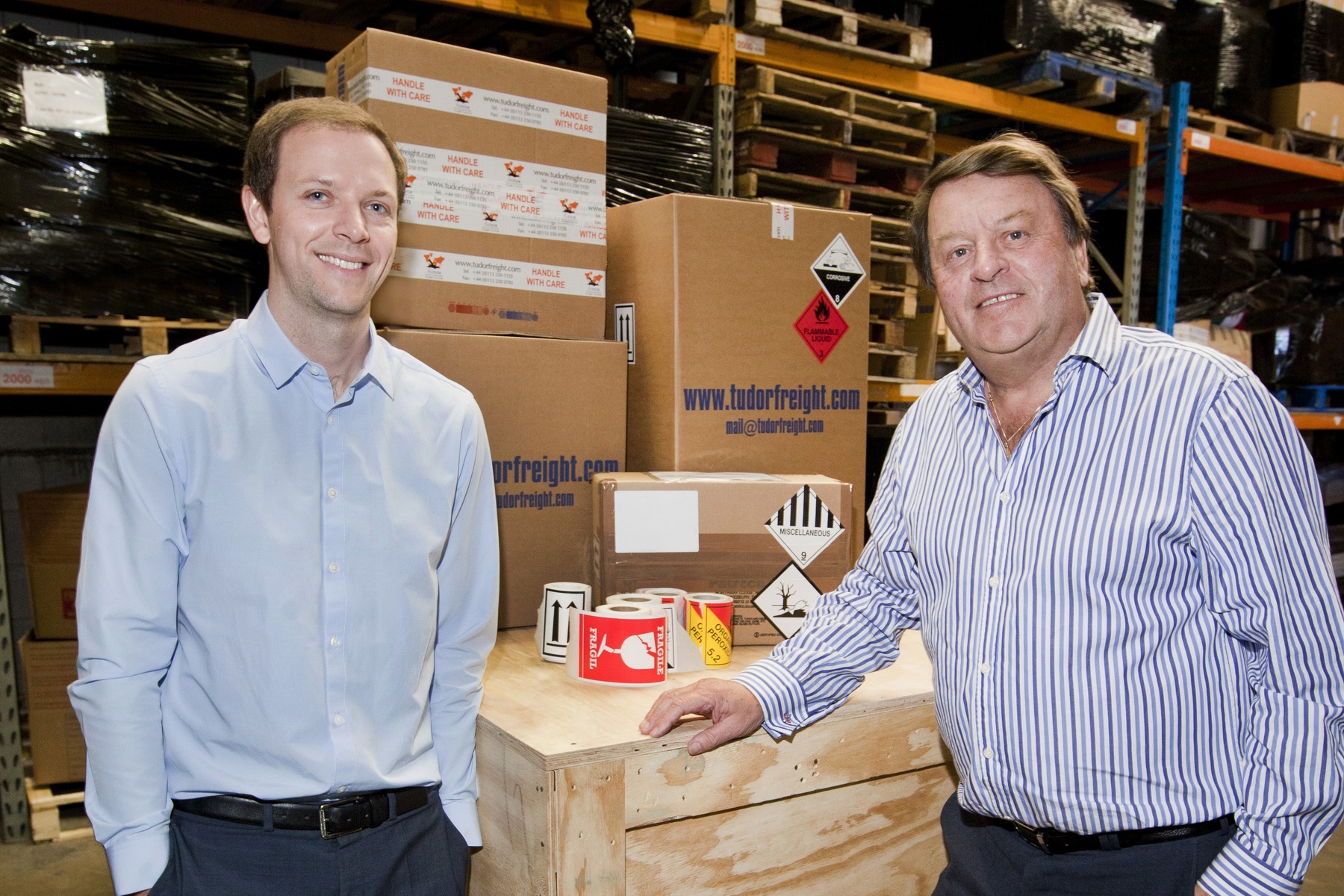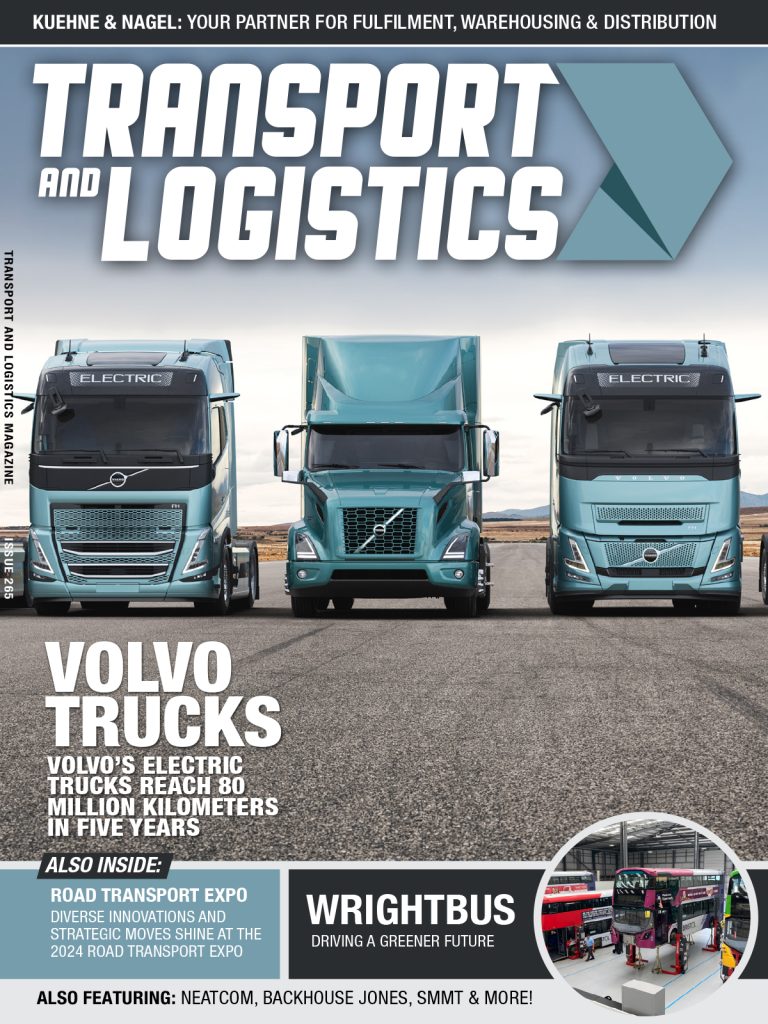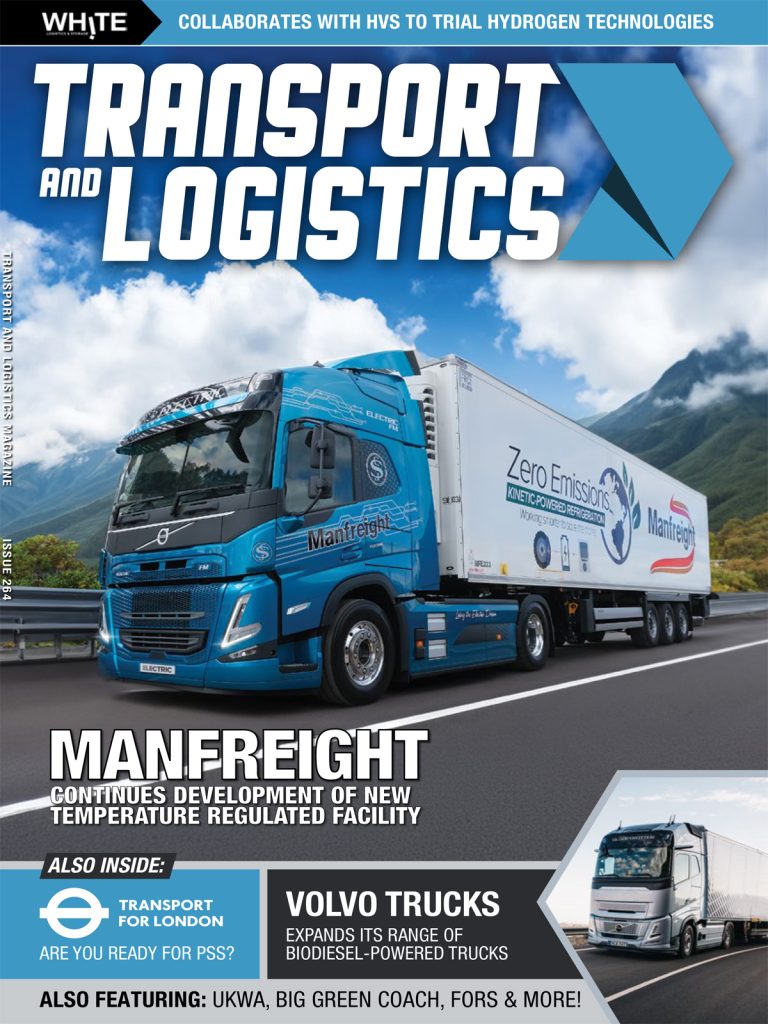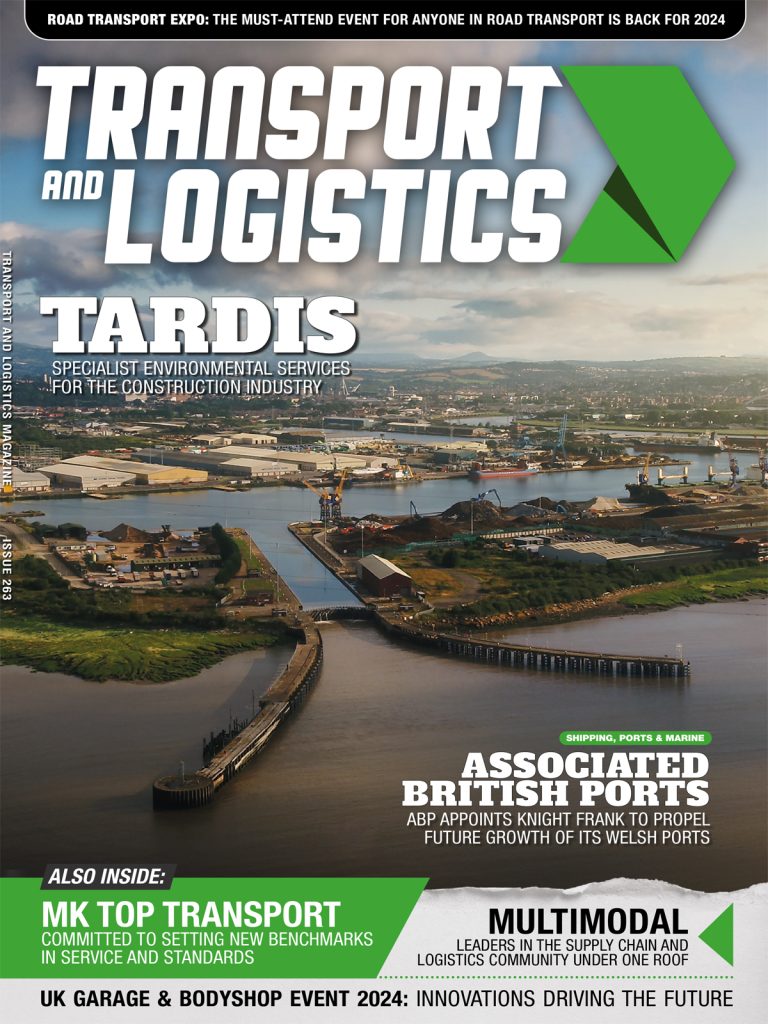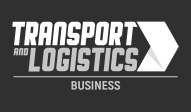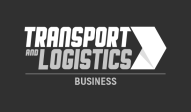A leading logistics expert has said many British companies trading with the EU will have welcomed reports the UK could remain in the Customs Union for longer than currently agreed.
David Johnson, managing director of Tudor International Freight, based at Horsforth, Leeds, said the present arrangements meant trade with the bloc “could hardly be easier, quicker or cheaper for British businesses.”
Mr Johnson was reacting to the potential extension of the UK’s transition period. This is due to take effect when the country leaves the EU next March, provided it can conclude a withdrawal agreement – covering items such as payments due, citizens’ rights and the Irish border – with its partners first.
The UK’s transition period is currently set to run until the end of 2020 but there were suggestions at the recent EU heads of government summit in Brussels that this could be extended by several months, a change British Prime Minister Theresa May agreed was a possibility.
Mr Johnson said: “During the transition period, the UK will effectively remain within the Customs Union, which includes all EU states, plus some other countries. The great benefits of the Customs Union for British EU traders are it avoids tariffs on goods shipped between members and burdensome checks at borders.
“Our membership of the Customs Union has helped hugely to create the current situation that when we import goods from the EU on a client’s behalf, for example, the only documentation we need is a copy of the packing list or commercial invoice and the travel document.
“This is a waybill for air freight, a bill of lading for sea consignments and a CMR note – the abbreviation being derived from its French full name – for road haulage. No customs clearance processes or duties apply, and no VAT is payable before goods can be moved from receiving ports or airports.”
Mr Johnson said extending the transition period would not only prolong this advantageous system for British businesses but provide more time for the longer-term arrangements between the UK and EU – by far our largest trading partner – to be negotiated and ratified.
He said: “Agreeing the trading system to follow the transition period is a complex issue, given factors such as the almost universal agreement about the desirability of avoiding the return of a physical border in Ireland. Such a system could include the Prime Minister’s favoured plan of a Customs Partnership with the EU replacing UK Customs Union membership. Importantly, this would mean the continued absence of customs checks on goods shipped between the EU and UK.
“But if the so-called backstop, designed to address the Irish border issue, has to be implemented in the absence of other agreed arrangements, there’s still a chance the whole UK could effectively remain in the Customs Union indefinitely.
“The EU has proposed that Northern Ireland should retain alignment with Customs Union rules without an end date being set but the Prime Minister is reportedly more sympathetic to such an arrangement applying to the whole UK, though only for a specified period.”
Mr Johnson said the post-transition period future – whether the UK remained a Customs Union member or this arrangement was replaced with some other system – was still shrouded in uncertainty. But, for now, many businesses would welcome the fact that the UK might at least retain its place within the Customs Union for longer than previously envisaged.
He said: “Our membership means conducting trade with firms in EU countries could hardly be easier, quicker or cheaper for British businesses or the forwarders like ourselves that they employ.”




